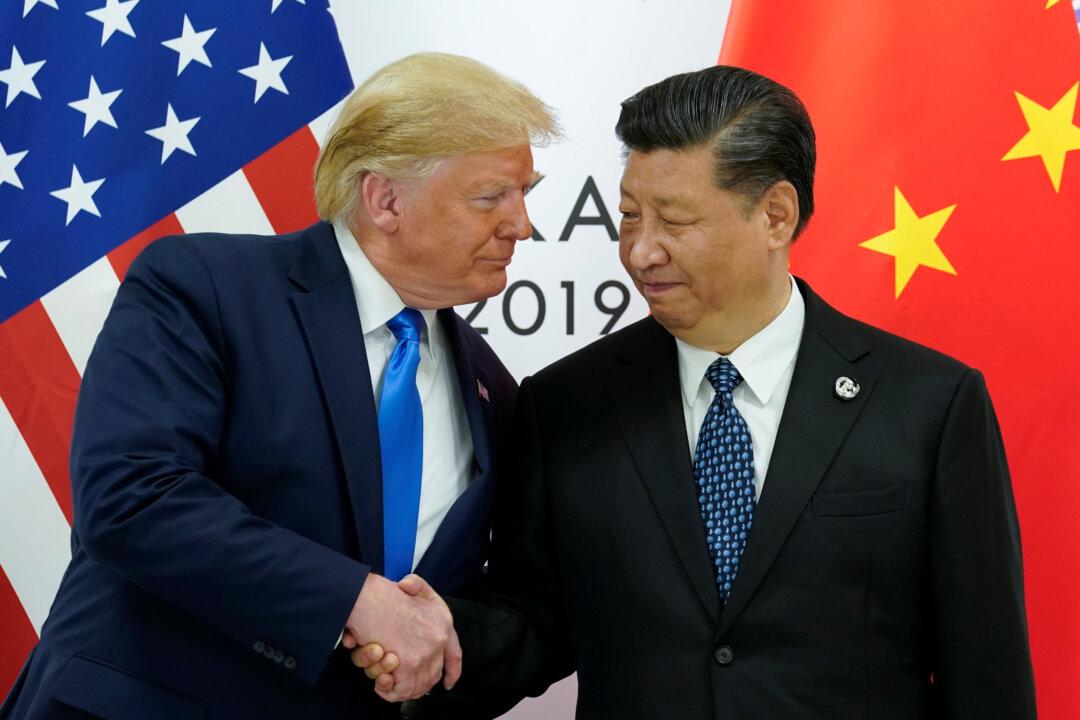China’s top leadership is very divided, and Chinese leader Xi Jinping, being surrounded by people holding opposite opinions and various motives, is in a very complicated and difficult situation, according to an insider.
After the last round of trade talks with the United States concluded with no agreement in May, Chinese state media have been telling the Chinese people that China won’t accept the terms proposed by the U.S. delegation because they undermine China’s national sovereignty and dignity. In addition, the Central Propaganda Department issued orders for major TV stations to air 70 movies on the theme of patriotism.





